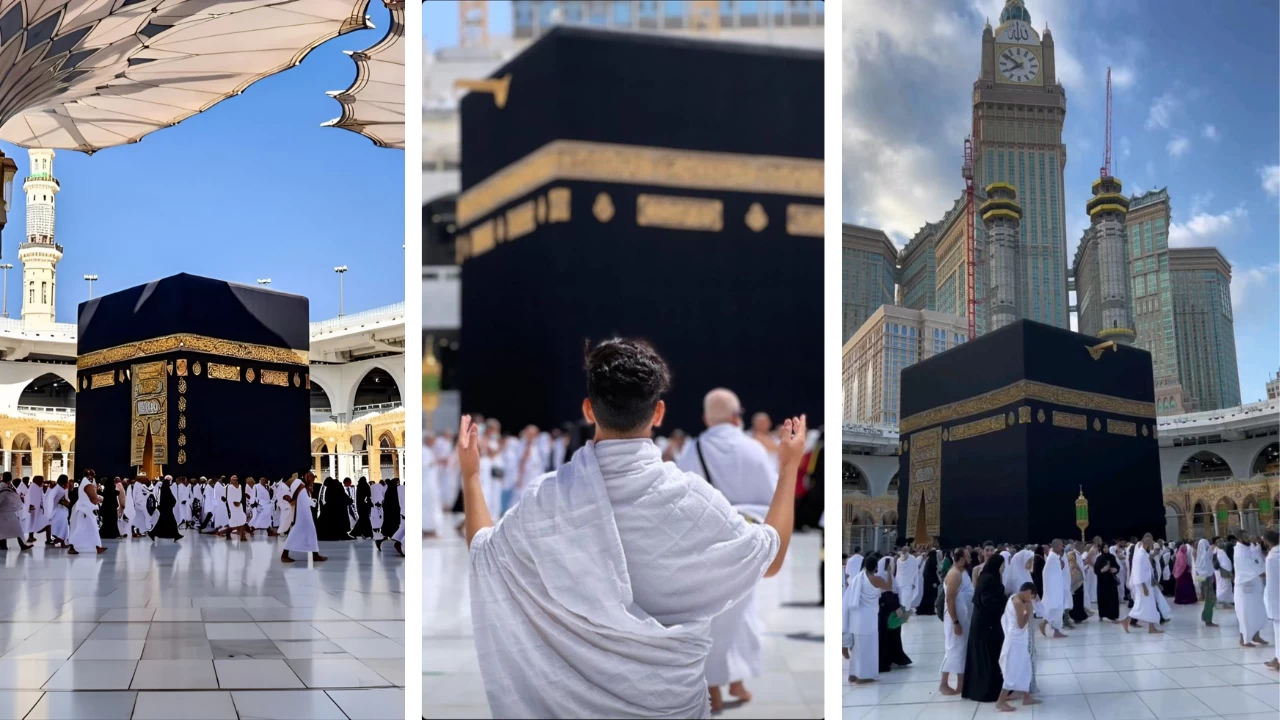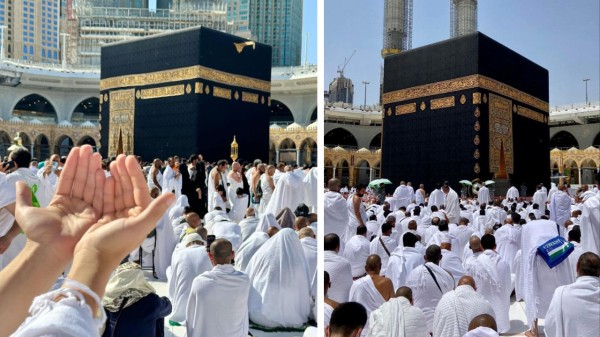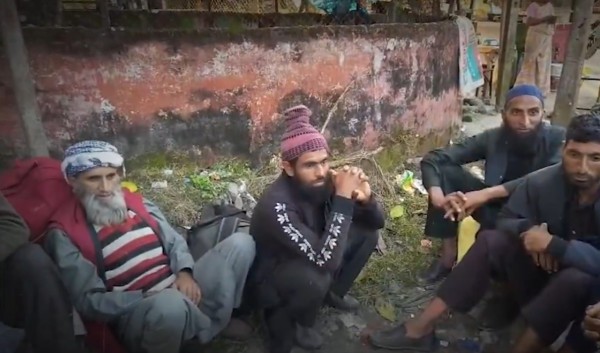

By signing in or creating an account, you agree with Associated Broadcasting Company's Terms & Conditions and Privacy Policy.


By signing in or creating an account, you agree with Associated Broadcasting Company's Terms & Conditions and Privacy Policy.

New Delhi: Hajj is one of the most significant spiritual journeys a Muslim can undertake. This sacred pilgrimage to Mecca is mandatory once in a lifetime for those who are physically and financially capable. Every year, millions of Muslims from around the world come together to perform rituals that deepen their faith and foster unity. Visiting the key holy places during Hajj offers a powerful experience of devotion and renewal.
Exploring the important sites of Hajj enriches the journey, connecting pilgrims to the history and legacy of Islam. Each location holds its own spiritual significance, from the Kaaba’s sacred walls to the plains of Arafat. For anyone planning Hajj or simply wanting to understand its beauty, knowing these places is essential. Let’s take a closer look at the key destinations every pilgrim must visit.

1. Kaaba and Masjid al-Haram
The heart of Hajj is the Kaaba, the House of Allah, located inside Masjid al-Haram. Pilgrims perform Tawaf by circling the Kaaba seven times, expressing unity and devotion.
2. Mina
Known as “the tent city,” Mina is where pilgrims spend the nights during Hajj. It symbolizes sacrifice and patience, with around 100,000 tents providing shelter.
3. Mount Arafat
The most crucial ritual of Hajj is standing at Arafat on the 9th of Dhul Hijjah. Pilgrims pray and seek forgiveness here, emphasising the pilgrimage’s spiritual core.
4. Muzdalifah
Located between Mina and Arafat, Muzdalifah offers pilgrims a rest stop to pray and gather pebbles used later for stoning the devil. It’s a moment for reflection and renewal.
5. Jamarat
In Mina, pilgrims perform the symbolic stoning of the devil at three pillars. This act commemorates Prophet Ibrahim’s rejection of Satan’s temptation and signifies cleansing from sin.
6. Safa and Marwah
Pilgrims walk seven times between these two hills, emulating Hagar’s search for water for her son. This ritual, called Sa’i, is a poignant reminder of faith and perseverance.
7. Cave of Hira
About 5 km from Masjid al-Haram, this is the site where Prophet Muhammad (PBUH) received his first revelation. Visiting connects pilgrims to the origins of Islam’s message.
8. Cave of Thaur
Located south of Mecca, this cave sheltered the Prophet and Abu Bakr during their migration to Medina. It represents endurance and trust in Allah’s protection. .
Every site visited during Hajj carries profound religious meaning, making the pilgrimage a journey through history and faith. Understanding these places enhances the experience and creates lasting spiritual impressions. May Allah accept the Hajj of all pilgrims and grant blessings to those preparing for this sacred journey.








